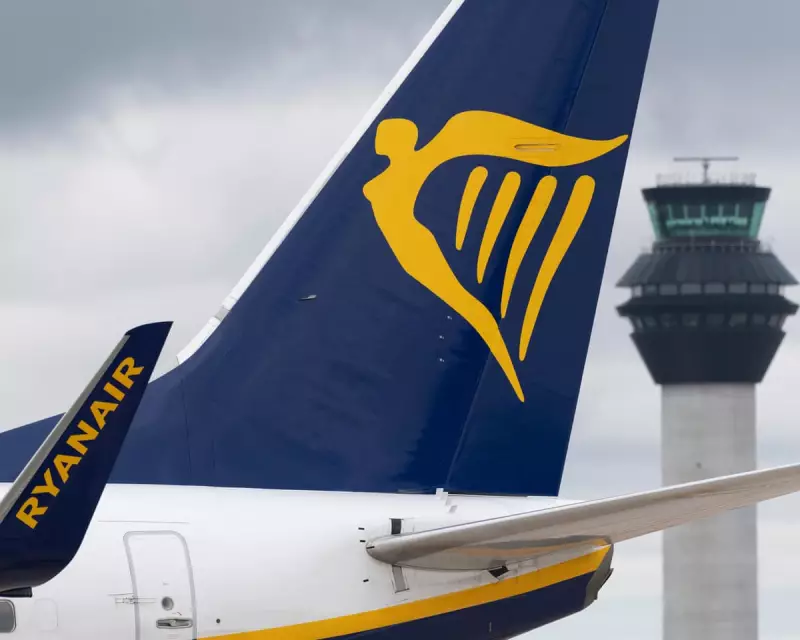
An alarming flight log has exposed a potentially catastrophic incident involving a Ryanair aircraft that approached Manchester Airport with fuel reserves so low it had just six minutes remaining before complete exhaustion.
The disturbing revelation comes from official documentation analysed by aviation experts, showing the Boeing 737-800 was operating on fumes during its final approach to one of Britain's busiest airports.
Emergency Protocols Activated
According to the flight data, the aircraft declared a 'Mayday' emergency while en route from Krakow, Poland, indicating the severity of the fuel situation. Air traffic controllers immediately granted priority handling, clearing other aircraft from its path to facilitate an urgent landing.
Aviation regulations typically require aircraft to carry sufficient fuel to reach their destination plus substantial reserves for holding patterns and potential diversions. The fact that this flight dipped to within minutes of fuel starvation represents a significant breach of safety margins.
Industry Experts Express Alarm
Former senior pilots and aviation safety specialists have described the incident as "deeply concerning" and "a wake-up call for the industry." One retired captain with over 30 years of experience told reporters: "Six minutes of fuel is essentially nothing in aviation terms. Any unexpected delay in landing could have had disastrous consequences."
The Civil Aviation Authority has confirmed it is investigating the circumstances surrounding the emergency. A spokesperson stated: "We are aware of the incident and are conducting a thorough review to determine whether all safety protocols were followed appropriately."
Ryanair's Response
In a brief statement, Ryanair acknowledged the emergency declaration but maintained that "safety protocols were followed throughout." The airline attributed the fuel shortage to "unexpected weather conditions and air traffic control restrictions" that necessitated longer routing than originally planned.
However, aviation analysts question this explanation, noting that professional flight planning should account for such variables with adequate fuel reserves.
Passengers aboard the flight reportedly remained unaware of the gravity of the situation until after landing, when the emergency services presence on the runway indicated something was seriously amiss.
The incident has prompted calls for stricter enforcement of fuel regulations and more transparent reporting of such emergencies within the aviation industry.





